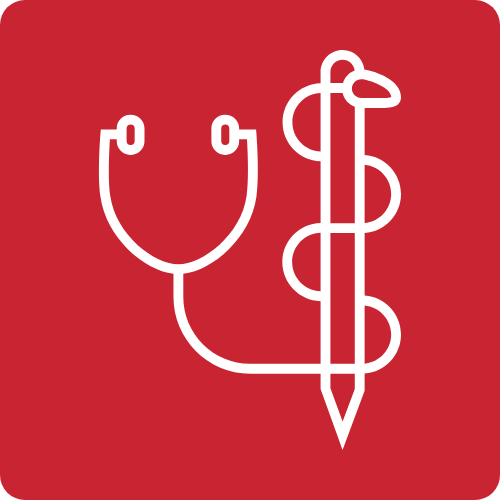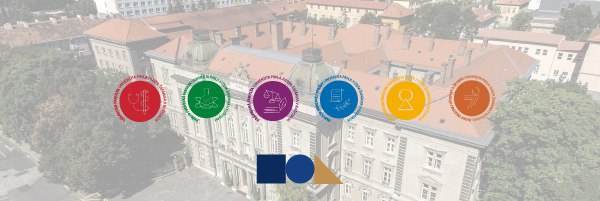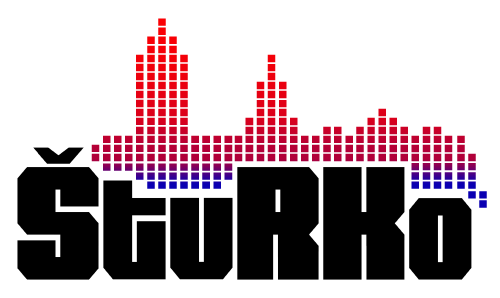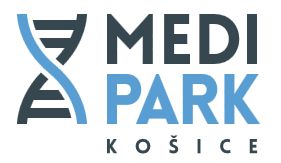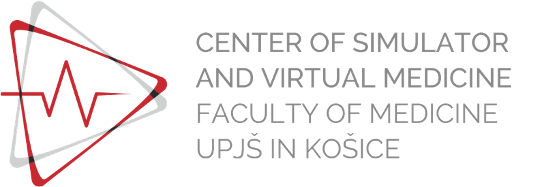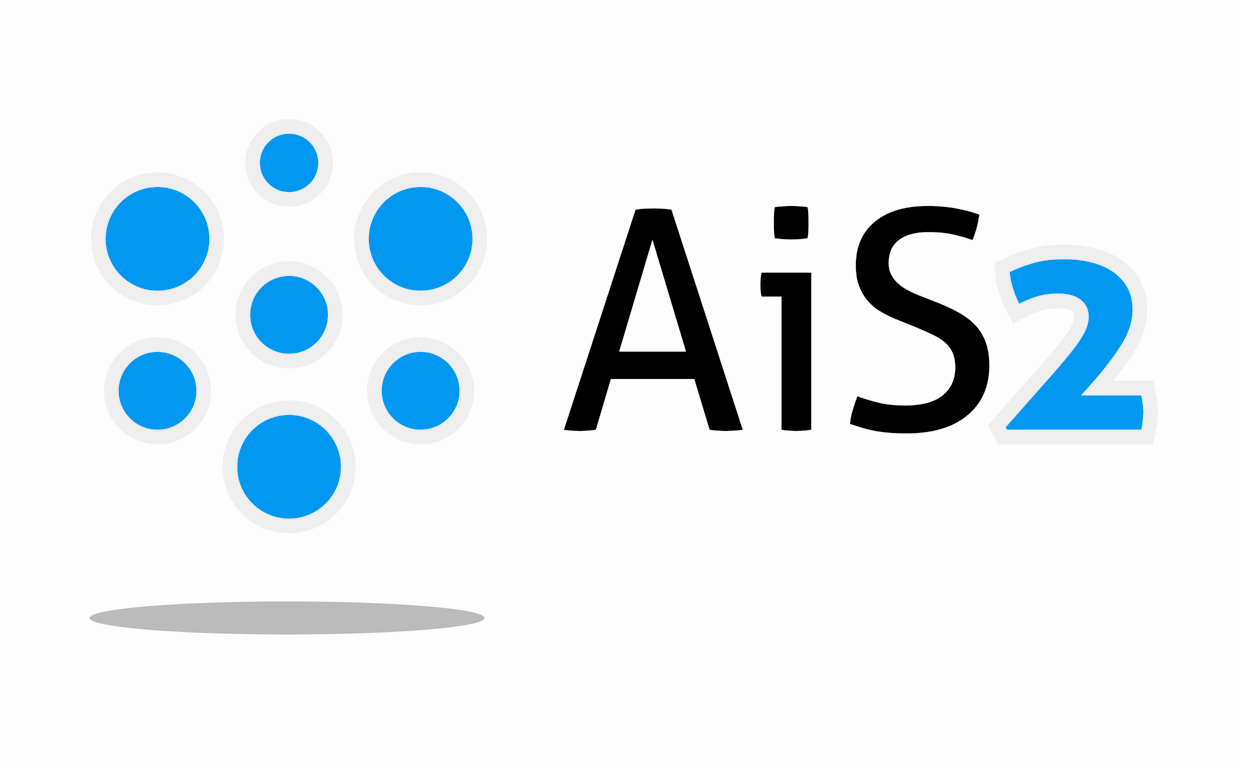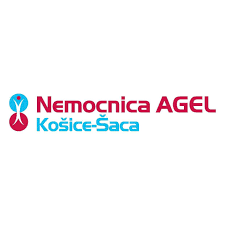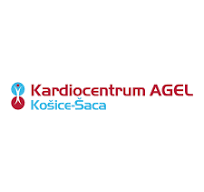Research at the department of medical and clinical biophysics is focused onto proteomic analysis of various samples. Laboratory is focused to shotgun analysis utilizing bottom-up approach but we are able to analyse whole protein samples by top-down analysis and tissues by mass spectrometry imaging. For peptide/protein separation different methods are applied utilizing one or two dimensional gel electrophoresis, off-gel fractionation or multidimensional HPLC.
Main area of interest are:
- Study of changes in the proteome of cells in connection with various diseases by electrophoretic separation of proteins and chromatographic separation of peptides followed by identification using mass spectrometry with different types of mass analyzers (MALDI-TOF / TOF – matrix-assisted laser desorption / ionization with time of flight analyzer, Q / TOF – tandem connection of quadrupole analyzers and time of flight analyzer, IT – ion trap, QQQ – triple quadrupole) in order to select suitable protein biomarkers, as well as monitoring the effectiveness of therapeutic approaches in personalized medicine.
The subject of proteomic studies are:- proteome changes in human tumor cell lines (MCF7 breast carcinoma cell line) after exposure to various therapeutic conditions
- leukocyte proteome changes in patients with cancer as well as COVID-19
- changes in protein proteome in the urine due to arthritic changes in the joints
- changes in platelet and cerebrospinal fluid proteome in suicidal patients
- changes in the saliva proteome in relation to diseases of the oral cavity.
- Study of the interaction of medically relevant molecules with lipid model membranes. A method of forming lipid membranes on a solid surface, which represent a model of the plasma cell membrane, is being developed at the institute.
- Study of biostimulation of laser wound healing at the molecular, cellular and tissue level.
